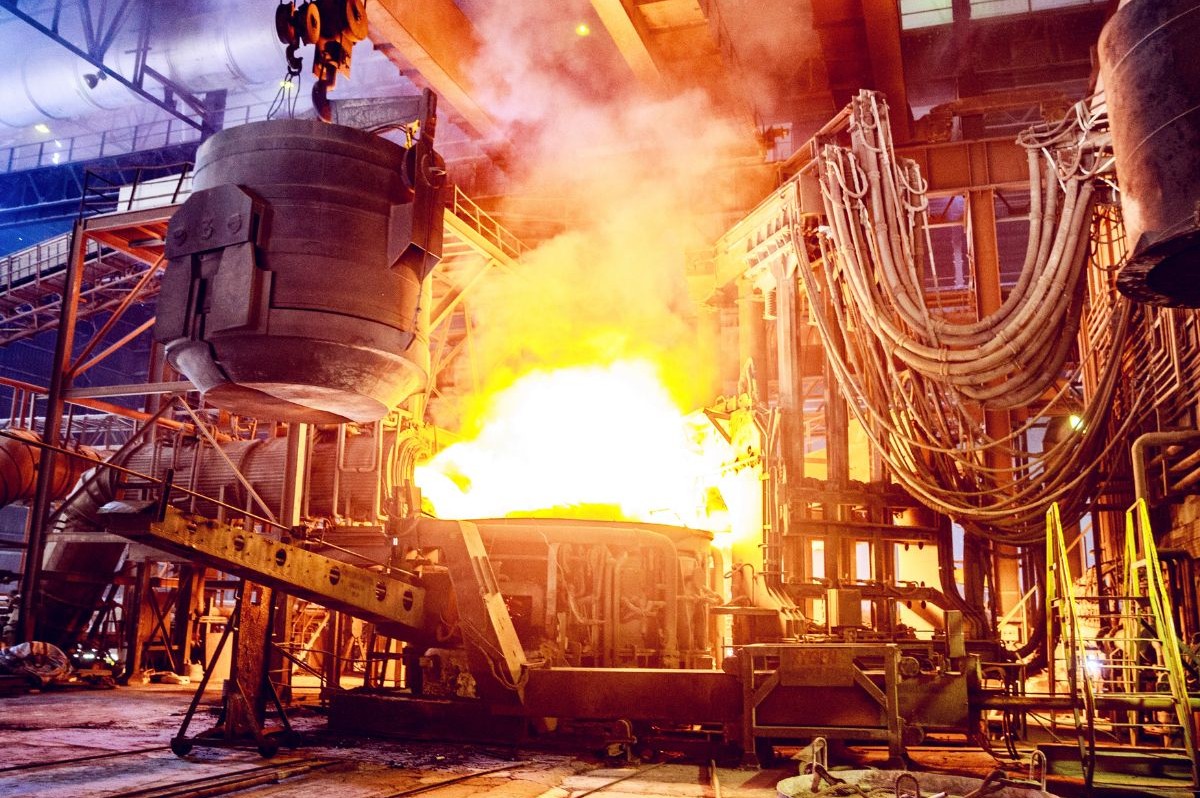Tulum Energy Revolutionizing Hydrogen Production with Electric Arc Furnace Technology
Key Ideas
- Tulum Energy, a spin-off of Techint, has secured $27m in seed funding for their innovative technology that utilizes electric arc furnaces to produce almost emission-free hydrogen at costs comparable to fossil fuel-based hydrogen.
- The methane pyrolysis process used by Tulum Energy, termed turquoise hydrogen, offers a cleaner alternative to green hydrogen production, presenting an opportunity to significantly reduce production costs and promote sustainability in heavy industries.
- The partnership with Tenova, a subsidiary of Techint specializing in industrial equipment, will facilitate Tulum Energy's commercialization efforts by leveraging existing industrial customer networks and supply chain equipment, positioning the company as a key player in the hydrogen market.
- The development of a pilot plant in Mexico, supported by Ternium, a steel producer, showcases Tulum Energy's commitment to scaling up their technology and exploring collaborations with industry leaders for broader applications in sectors like steelmaking and electronics.
Tulum Energy, a pioneering startup spun out of Techint, has introduced a groundbreaking technology that could revolutionize the production of hydrogen. By repurposing electric arc furnaces to create nearly emission-free hydrogen, the company aims to address the high production costs that have hindered the widespread adoption of sustainably-produced hydrogen as a fuel source. With significant backing from corporate investors, including CVC TDK Ventures and CDP Venture Capital, Tulum Energy has raised $27 million in seed funding to advance its innovative approach.
The technology employed by Tulum Energy involves utilizing electric arc furnaces to convert methane or natural gas into hydrogen and solid carbon, a process known as methane pyrolysis or turquoise hydrogen. This method, while not entirely emissions-free due to methane losses in natural gas infrastructure, offers a more cost-effective and cleaner alternative to traditional green hydrogen production. The strategic partnership with Tenova, a Techint Group subsidiary specializing in steel production systems, further strengthens Tulum's position in the market by providing access to industrial customers and essential equipment.
By leveraging established industrial technology and achieving cost parity with fossil fuel-based hydrogen production, Tulum Energy's approach has the potential to drive significant shifts in the hydrogen market. The company's target customers include major industrial users like steel producers, chemical plants, ammonia producers, and oil refineries, as well as sectors such as hydrogen vehicles and aviation. With the goal of delivering clean hydrogen at competitive prices, Tulum Energy aims to capture a larger share of the $125 billion hydrogen market.
The involvement of corporates in the venture's spin-out, particularly the collaboration with Tenova, has been instrumental in attracting investments and fostering innovation. TDK Ventures, impressed by the corporate link and technological advancements, envisions a promising future for Tulum Energy. The upcoming pilot plant in Mexico, in partnership with Ternium, signifies a crucial step towards scaling up operations and exploring potential collaborations with industry leaders for broader applications. With a focus on sustainability, cost-effectiveness, and industrial partnerships, Tulum Energy is poised to make significant strides in transforming the hydrogen production landscape.
